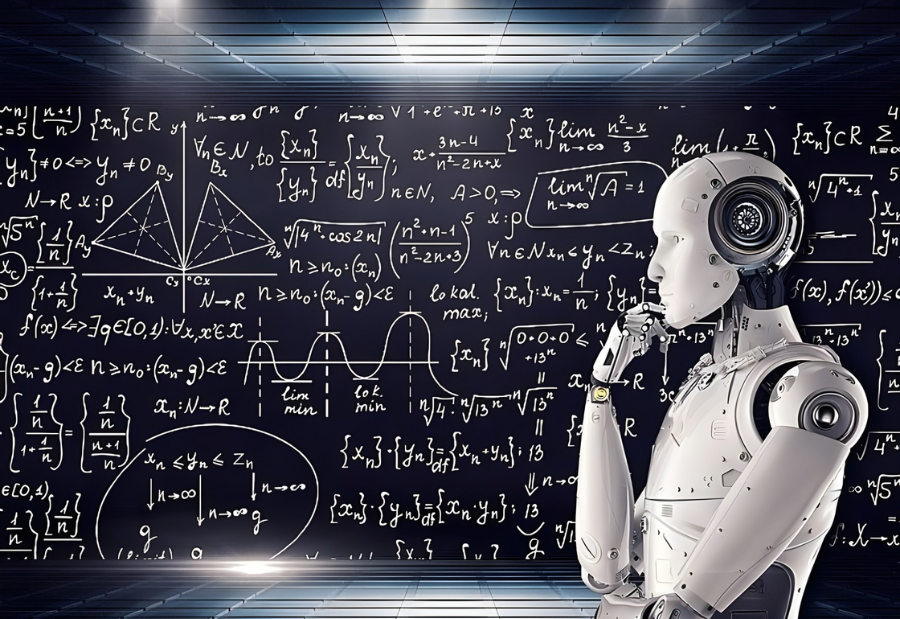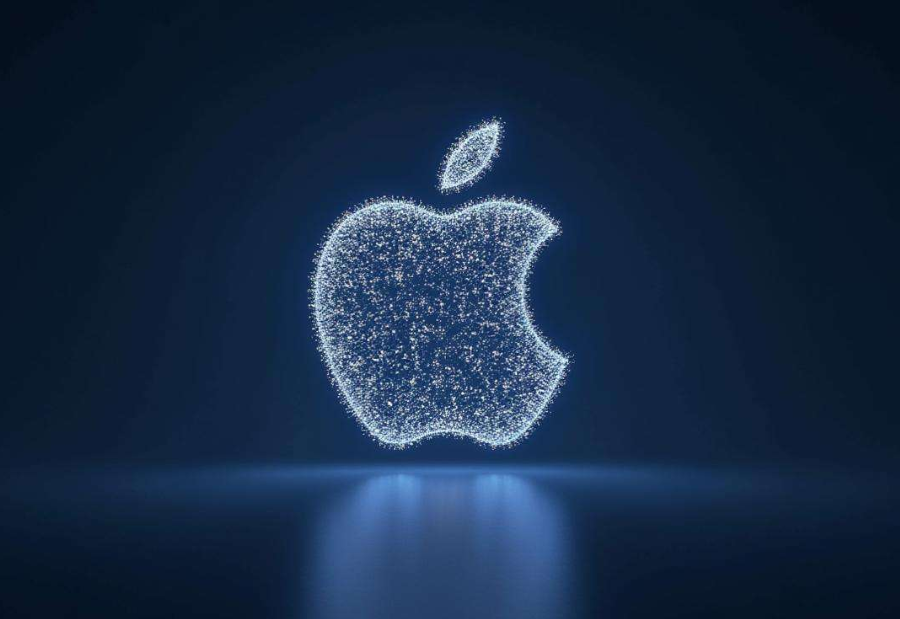The Ministry of Education will introduce Artificial Intelligence (AI) as part of the school curriculum for all students from Class 3 onwards starting from the 2026-27 academic session. The initiative aims to equip India’s future workforce with essential digital and technology skills required in a rapidly evolving economy.
School Education Secretary Sanjay Kumar confirmed that the Central Board of Secondary Education (CBSE) is developing a framework to integrate AI across all grade levels in school. “The challenge will be to reach out to over one crore teachers across the country and orient them in imparting AI-related education. We need to move fast so that students and teachers are properly aligned with this technology over the next two to three years,” he said.
Pilot initiatives and teacher training
A pilot programme is already underway, allowing teachers and schools to use AI tools for lesson planning. The objective is to prepare both students and educators for the digital economy. Currently, over 18,000 CBSE schools offer AI as a skill subject from Class 6 through a 15-hour module, while students in Classes 9 to 12 can opt for it as an elective.
Since 2019, more than 10,000 teachers have been trained in AI with support from Intel, IBM, and the National Institute of Electronics and Information Technology (NIELIT). Student enrolment has also grown significantly, with 7.9 lakh students from Classes 9-10 and over 50,000 students from Classes 11-12 opting for AI this year, compared to just 15,000 and 2,000 respectively when the programme began. Experts note that AI is evolving from a “buzzword to basic literacy” as technology-driven learning becomes mainstream.
Impact on the workforce
The initiative aligns with the National Education Policy (NEP) 2020, which recommends integrating emerging technologies like AI and the Internet of Things (IoT) into school education. A NITI Aayog report on AI and employment stresses the need for large-scale upskilling. B. V. R. Subrahmanyam, CEO of NITI Aayog, warned, “AI is changing work, workers, and the workplace. Around two million traditional jobs could be displaced, but eight million new roles may emerge if we create the right ecosystem.”
The report also proposed the India AI Talent Mission to make India a global hub for AI talent, predicting 10 million IT jobs and 3.1 million customer service roles by 2030.
A senior CBSE official remarked, “When today’s third grader graduates in 2035, AI will not be an advantage—it will be a necessity.” Officials believe that collaboration among government, academia, and industry will enable India to secure its workforce and lead in shaping global AI standards.
Also read: Viksit Workforce for a Viksit Bharat
Do Follow: The Mainstream formerly known as CIO News LinkedIn Account | The Mainstream formerly known as CIO News Facebook | The Mainstream formerly known as CIO News Youtube | The Mainstream formerly known as CIO News Twitter |The Mainstream formerly known as CIO News Whatsapp Channel | The Mainstream formerly known as CIO News Instagram
About us:
The Mainstream formerly known as CIO News is a premier platform dedicated to delivering latest news, updates, and insights from the tech industry. With its strong foundation of intellectual property and thought leadership, the platform is well-positioned to stay ahead of the curve and lead conversations about how technology shapes our world. From its early days as CIO News to its rebranding as The Mainstream on November 28, 2024, it has been expanding its global reach, targeting key markets in the Middle East & Africa, ASEAN, the USA, and the UK. The Mainstream is a vision to put technology at the center of every conversation, inspiring professionals and organizations to embrace the future of tech.




